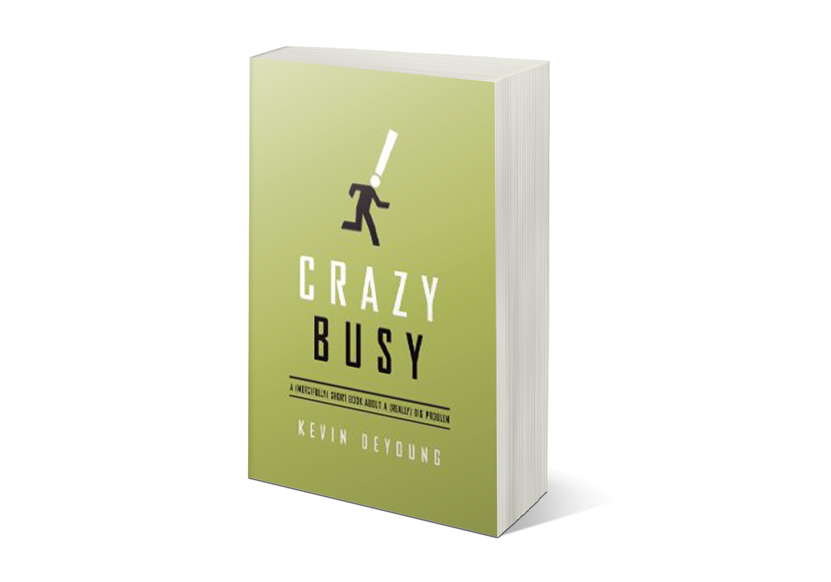I suppose there was a time in my life when I would answer that friendly conversation opener—"How are you?"—with something like, "I'm doing well. How about yourself?"
But I (and, I suspect, at least a few million other Americans) have a new default answer: "Busy." I don't have the space to list what I've been up to for the past year, but let's just say that I have impeccable busyness bona fides.
Or have I? In a blog post on The New York Times Opinionator last summer entitled "The 'Busy' Trap," Tim Kreider pointed out that most people who reply this way aren't working three shifts to make ends meet. They're people "whose lamented busyness is purely self-imposed: work and obligations they've taken on voluntarily, classes and activities they've 'encouraged' their kids to participate in. They're busy because of their own ambition or drive or anxiety, because they're addicted to busyness and dread what they might have to face in its absence."
For those of us (read: me) shifting uncomfortably in our chairs right now, pastor and author Kevin DeYoung has written Crazy Busy: A (Mercifully) Short Book About a (Really) Big Problem (Crossway). His little book, though informal and friendly, should prompt readers to take a long, unsparing look at the things they say and do.
DeYoung offers up three dangers that busyness presents: ruining our joy, robbing our hearts, and covering up the rot in our souls. He then lists seven diagnoses to help the harried reader start to discern the root of her busyness. Those diagnoses, full of gentleness and truth, can sting a little: You might be beset by pride, or freaking out too much about your kids, or too focused on people-pleasing, or unwilling to put down your iDevice.
All true, but all easily found in other books and articles in the genre. What sets Crazy Busy apart is its seventh diagnosis: "You Suffer More Because You Don't Expect to Suffer At All."
The Bible is clear: Tedious labor and sweat are part of the Fall, but work was there from the beginning and will continue into eternity. God is renewing creation, even now, and so we have things like washing machines, lawn mowers, and cell phones to help relieve some of the labor.
This is great, but it can make us long to "escape 9–5, live anywhere, and join the new rich," as Timothy Ferriss's best-selling book, The 4-Hour Workweek, promises in its subtitle. And if, despite all today's innovations, we still feel busy and tired, well, we must be doing something wrong. In the West, we love to believe that suffering indicates not growth but failure. However, as DeYoung wisely reminds us, "Effective love is rarely efficient. People take time. Relationships are messy. If we love others, how can we not be busy and burdened at least some of the time?" Even Jesus got so worn out that he had to paddle a boat out onto the Sea of Galilee to rest.
DeYoung's remedy, then, is not about calendars or systems. It's not about getting rid of interruptions or paring down your relationships. Instead, it's about ordering our lives properly—for starters, reading the Bible and praying every day, thereby reminding yourself that your inbox isn't your first priority. Doing this consistently forms you into the sort of person who instinctively keeps priorities straight, knows what to turn down, and welcomes the suffering that comes from doing the right kind of work. You may—and probably should—still be busy. But you'll begin to understand why, and for whom, you labor.
Alissa Wilkinson is CT's chief film critic and an assistant professor of English and humanities at The King's College.











